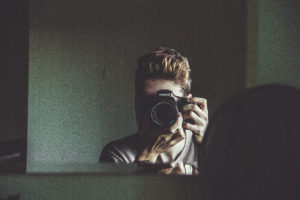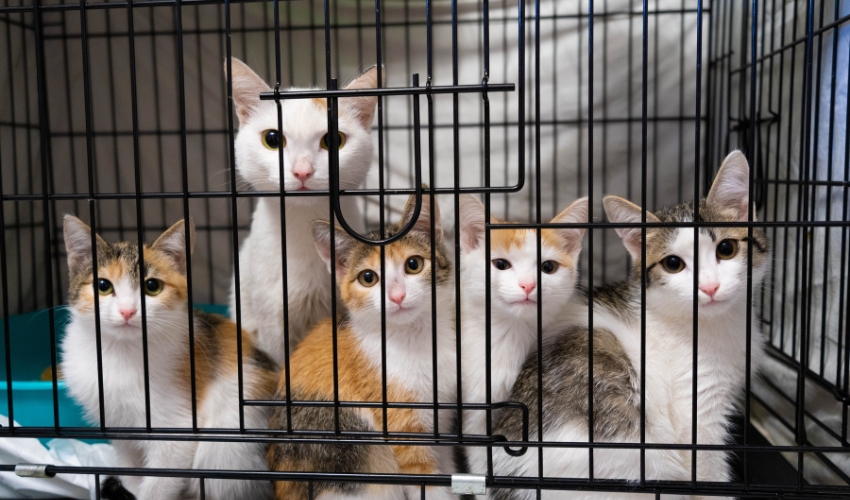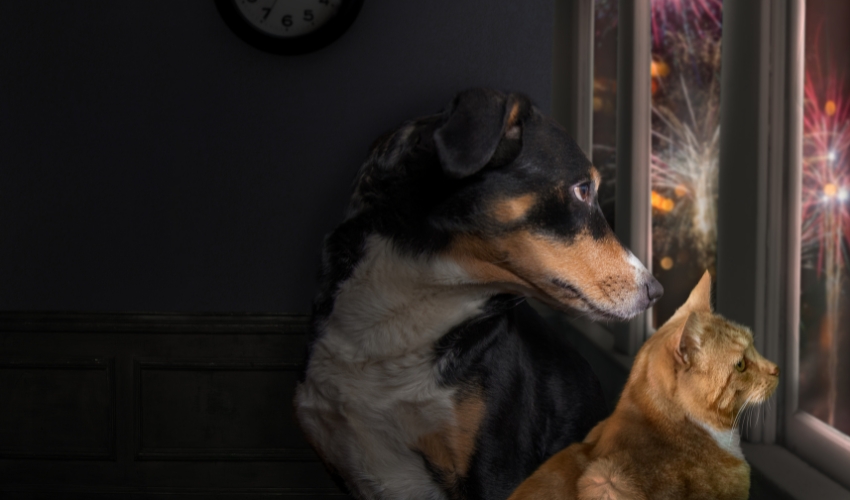Anthropology is, by its very nature, a deeply anthropocentric discipline. We study humans, human nature, why humans do what they do, and what this means for the world around us from the perspective of ourselves as humans. But in recent years, anthropology, along with the social sciences more generally, have taken what has come to be known as the “animal turn,” focusing on our connections with the non-human others with whom we share this world. This field of study has more generally come to be known as “multi-species studies”, and has expanded to incorporate the entire spectrum of the natural world. To this end, we now are extending our gaze to microbes, plants, animals, and even the those parts of the natural world we cannot see, such as the ways in which plants communicate and how microbes circulate within our bodies and our built environments. And yet our examinations of these realms remain hindered not only by the methods at our disposal, but more importantly by the reality that as humans, we simply cannot access the inner worlds of these non-human entities we seek to understand.
humans. But in recent years, anthropology, along with the social sciences more generally, have taken what has come to be known as the “animal turn,” focusing on our connections with the non-human others with whom we share this world. This field of study has more generally come to be known as “multi-species studies”, and has expanded to incorporate the entire spectrum of the natural world. To this end, we now are extending our gaze to microbes, plants, animals, and even the those parts of the natural world we cannot see, such as the ways in which plants communicate and how microbes circulate within our bodies and our built environments. And yet our examinations of these realms remain hindered not only by the methods at our disposal, but more importantly by the reality that as humans, we simply cannot access the inner worlds of these non-human entities we seek to understand.
This has become a key struggle for me in my own work on animal-human studies – namely how do I incorporate animals and their experiences in my work in the same ways that I do humans? This is by no means a new problem, and is something that all scientists who work on issues related to animals have been struggling with for many years. And in his most recent book, “Are We Smart Enough to Know How Smart Animals Are?” Frans de Waal examines many of the reasons why this is so difficult for human scientists to study animals. Perhaps most importantly, his book points to the fact that for all the effort, time, and money we have spent trying to understand the animal other, we have only come so far because of our own inability to get over ourselves.
 I admit that I thought this book would be little more than a simple collection of musings and anecdotes based on a very successful career in animal cognition and behavior, given de Waal’s standing as one of the world’s foremost primatologists. Instead, however, de Waal takes the reader on an easily accessible and thoroughly enjoyable ride through the history of the science of animal cognition and behavior, akin to a college level intro course on the topic.
I admit that I thought this book would be little more than a simple collection of musings and anecdotes based on a very successful career in animal cognition and behavior, given de Waal’s standing as one of the world’s foremost primatologists. Instead, however, de Waal takes the reader on an easily accessible and thoroughly enjoyable ride through the history of the science of animal cognition and behavior, akin to a college level intro course on the topic.
Through his first-hand accounts of many of the scientific debates on animal cognition and descriptions of his personal relationships with many of the scientists whose work is featured in his stories and examples, the book comes alive for the reader in a way that is usually not possible in books describing scientific fields of study.
Importantly, De Waal also engages in reflexivity in this book, examining his own work and experiences with critical eyes and pointing out the ways in which his own work has been criticized (often very harshly) and how this has shaped his thinking and transformation as a scientist and researcher over time. These insights are particularly useful for new scientists such as myself. They offer a reminder to be humble and question my own assumptions, that being a good scientist means always being curious and open to outside critics. In fact, it is in these spaces that openings and new ideas most often take shape.
And as scientists of animal cognition and behavior examine these new openings, it seems that many are coming to the conclusion that our own anthropocentrism has hindered our ability to really understand these very things we seek so desperately to know. Whether we will get there remains to be seen, but De Waal paints a picture of a field that is slowly realizing its shortcomings and what the role they have played in our understandings of non-human others. As he notes at the end of the book:
“Animals should be given a chance to express their natural behavior. We are developing a greater interest in their variable lifestyles. Our challenge is to think more like them, so that we open our minds to their specific circumstances and goals and observe and understand them on their own terms….True empathy is not self-focused by other-oriented. Instead of making humanity the measure of all things we need to evaluate other species by what they are. In doing so, I am sure we will discover many magic wells, including some as yet beyond our imagination.”
In short, there is much work yet to do in our efforts to understand our non-human kin. But as recent turns in the sciences have begun to expose our anthropocentricism for the damaging force it has been in relation to these efforts, a new space is opening for us to examine these issues with true, other-focused empathy. In many ways it is as if we are at a critical, re-birth period in this field. We can build upon the strong scientific groundwork that has already been laid for us, but to truly propel our understandings of other non-humans forward, we must be creative, brave, and willing to discover that humans may not necessarily be as smart as we’d like to think we really are.











